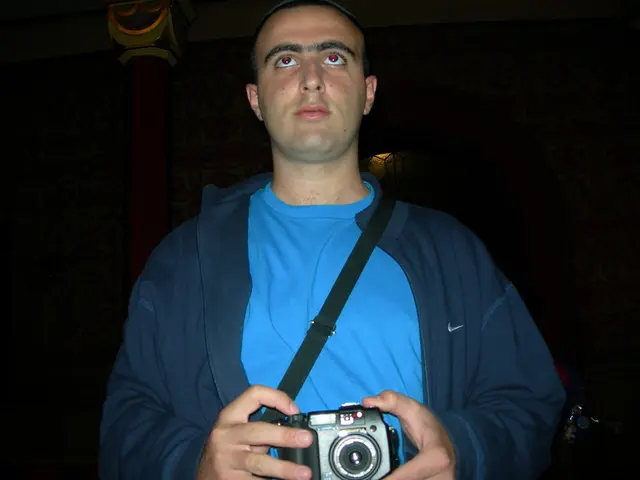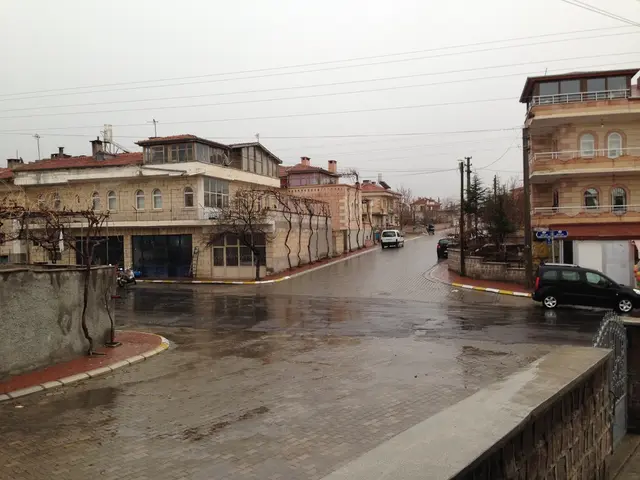Hoteliers from France and Spain Band Together, Protest over Perceived Harm Caused by Booking
Booking.com's business model is under fire. Two law firms, Eskariam in Spain and Geradin Partners in Paris, are rallying hoteliers in France and Spain to join forces and seek justice for their financial losses due to hefty commissions from the Dutch online booking giant, Booking.com. According to Marc Barennes, one of the attorneys spearheading this movement, the action is inspired by a recent decision by the European Court of Justice, which has questioned the "parity clauses" imposed by Booking.com. These clauses, Barennes claims, limit a hotel's ability to offer lower prices or superior conditions on other sales channels, curbing their commercial liberties.
To fuel their campaign, the law firms are relying on a decision from the European Court of Justice from September 2024 and decisions from Spanish and Italian competition authorities that call into question Booking.com's suspect practices.
A website (actioncollectivehotel.fr) has been set up in France to gather data from hotels that used Booking.com between 2015 and 2024, assessing potential damages, mainly from excessive commissions paid to the online booking platform. The website estimates that the total losses for French hoteliers could reach 1.5 billion euros, according to Marc Barennes. With the Digital Markets Act (DMA) now placing Booking.com under stricter competition rules in the European Union, the platform can no longer force European hoteliers to offer their best prices on its site.
Additionally, Barennes asserts that, as a closely watched entity under the DMA, Booking.com will not be able to retaliate against hoteliers who seek reparations. The legal action will be supported by a litigation funding company that will be remunerated with a percentage of the damages recovered in the event of victory (between 25 and 30%). This means hoteliers will not have to shell out any cash.
Discussions are currently underway with other law firms to expand the initiative to other countries like Italy and Portugal, with the aim of building a unified legal front against Booking.com. In France, Barennes aims to file a lawsuit with the commercial court by the end of October 2025.
It's worth noting that Booking.com ranks as the most popular platform in France for booking a hotel or tourist accommodation, surpassing Airbnb. According to data from hotel technology company D-Edge, direct reservations with hotels constituted only 33% of hotels' online revenue in 2024, with the remainder coming from platforms like Booking.com or Expedia.
Marc Barennes is also leading a similar initiative in the hospitality and catering sector. This initiative targets title-restaurant issuers, who were previously fined for anti-competitive practices in France. Over 8,000 sales points have joined this procedure, which was announced in 2021, but has been delayed due to difficulties accessing documents to assess the damages, including old paper vouchers.
In summary, hoteliers across Europe are challenging Booking.com for alleged excessive commissions and anti-competitive rate parity clauses. France is spearheading the battle, with potential compensation claims reaching €1.5 billion. The case's outcome may set a precedent for future platform-hotelier negotiations and shape the future of the online booking industry.
- The legal action against Booking.com, spearheaded by Eskariam in Spain and Geradin Partners in Paris, aims to recover financial losses from hefty commissions paid by hoteliers in France and Spain.
- The website actioncollectivehotel.fr has been set up to gather data from hotels that used Booking.com between 2015 and 2024, assessing potential damages from excessive commissions and other suspect practices.
- Incidentally, Marc Barennes is also leading a similar initiative in the hospitality and catering sector, targeting title-restaurant issuers for alleged anti-competitive practices.
- As a closely watched entity under the DMA, Booking.com will not be able to retaliate against hoteliers who seek reparations, according to Marc Barennes.
- Technology has significantly influenced the finance and business industry, with Booking.com ranking as the most popular platform in France for booking a hotel or tourist accommodation, surpassing Airbnb, but direct reservations with hotels constituted only 33% of hotels' online revenue in 2024.




